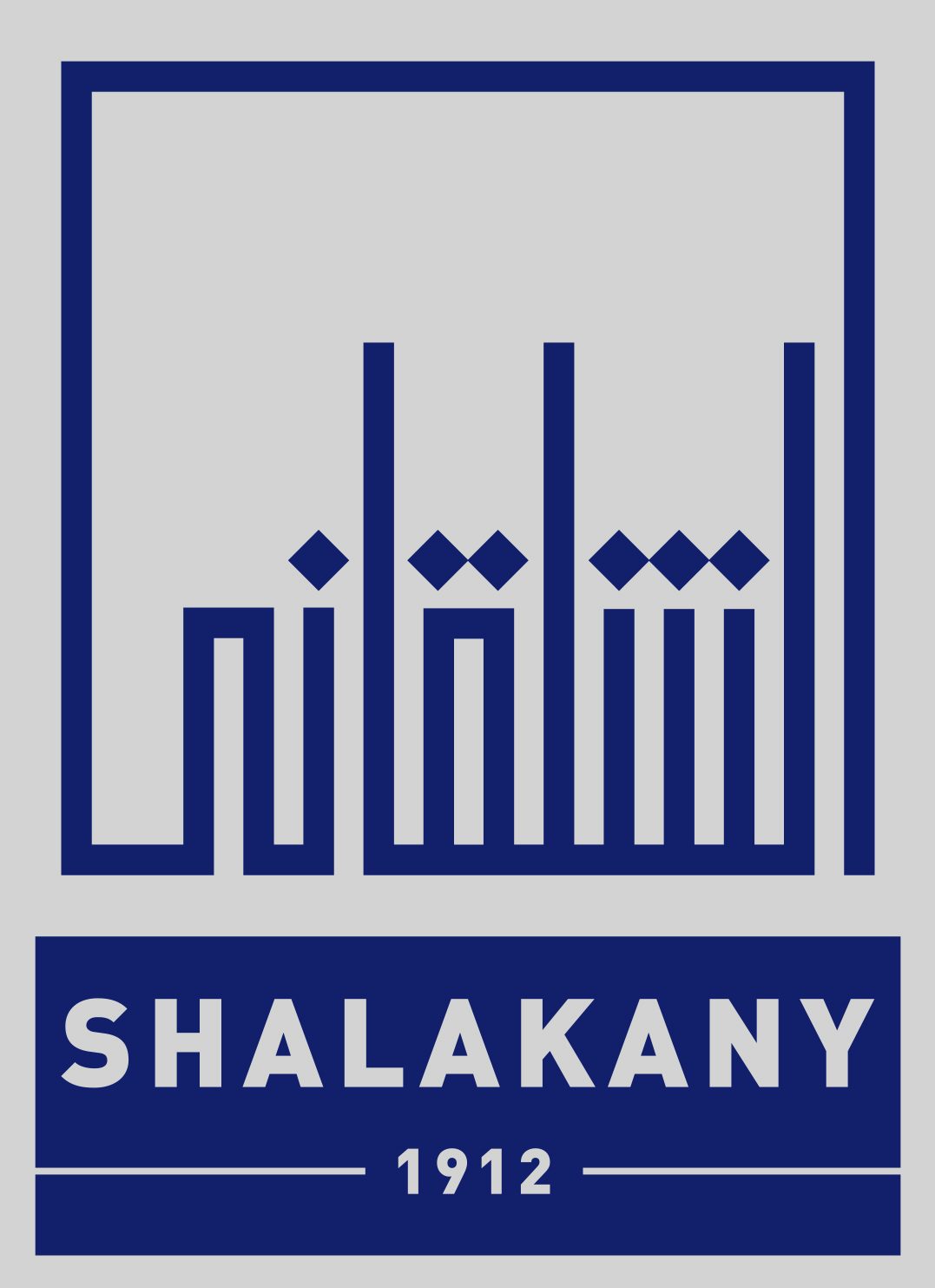On 24 April 2019, the Prime Minister issued Decree No. 1062 of 2019 (the “New Decree”) which was published in Egypt’s Official Gazette. The New Decree replaces Prime Minister Decree No. 1255 of 2014 which established the Supreme Committee for Advising on International Arbitration Cases (the “Committee”) and Decree No. 1966 of 2014.
The main amendments introduced by the New Decree revolve around the composition of the Committee and its mandate. The main modifications of the New Decree can be summarized as follows:
The Composition
The New Decree changes the composition of the Committee by adding new members to its formation.
The Committee is composed, inter alia, of:
-
- The Prime Minister (who serves as the Head of the Committee)
- The Minister of Investment and International Cooperation
- The Minister of Justice
- The Minister of Parliamentary Affairs
- The Head of the State Lawsuits Authority
- The Deputy Minister of Justice for Arbitration and International Disputes
- A representative of the Ministry of Defense
- A representative of the Ministry of Interior
Upon review of the previous decrees, it becomes clear that the New Decree has added new members to the composition of the Committee. These are the Assistant Minister of Justice for International Arbitration, two members from the State Lawsuits Authority, a representative from the Ministry of Defense, a representative from the Interior Ministry, a representative from the Administrative Control Authority and a representative from the General Intelligence Body.
The Binding Nature of the Committee’s Decisions
The New Decree stipulates that the Committee’s decisions are binding on all competent administrative authorities once approved by the Cabinet Ministers. Thus, this implies that the Committee has the potential to play an important role in the settlement of disputes that are being heard in international arbitrations (whether international commercial or investor-State arbitrations). However, it should be noted that the Committee’s recommendations will only become binding once approved by the Cabinet of Ministers.
Mandate
The mandate of the Committee remains unchanged. The New Decree has clarified that the Committee is competent to study and give advice to both commercial and investment arbitration cases to which the State or any of its organs or bodies is a party.
In addition to the above, the main duties of the Committee include the following:
-
- Providing advice on the legal defenses and documents submitted on behalf of the State in arbitration cases, as well as suggesting any modifications or changes in order to enhance Egypt’s probabilities of success; and
- Recommending amicable settlement to the parties, if necessary, and attending and administering negotiations with the disputing parties in order to reach a settlement.
- It is worth noting that the 2014 Decree establishing the Committee and the New Decree of 2019 ensure that no administrative authority can undertake any legal actions or measures in any arbitral dispute without reverting back to the Committee.
Market Reaction
The government’s efforts to improve the way international investment and commercial disputes are handled is clearly a welcome step that should help the government to clear the backlog of international arbitral disputes and better manage future disputes. Having said this, in addition to the aforementioned Committee, there are various other Committees established under Egyptian Law that serve a similar function. Although the idea was to allocate different mandates to each committee, the lines of demarcation between these various committees can be unclear.





